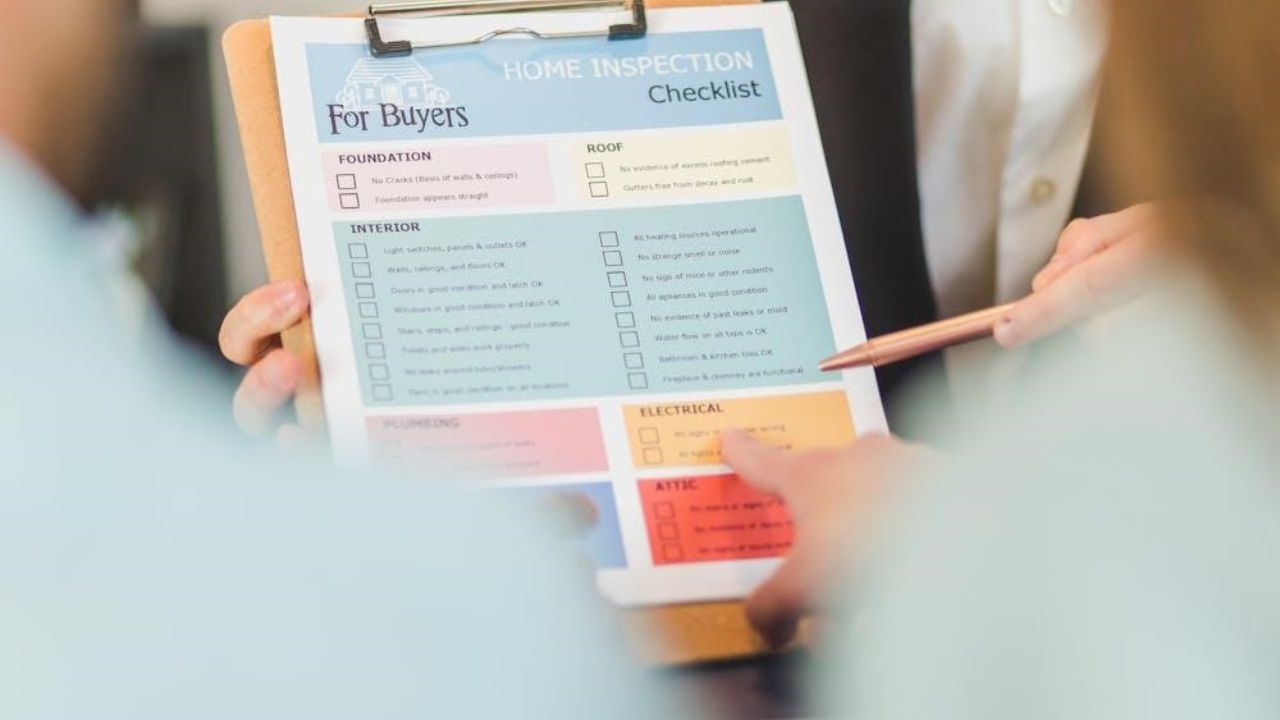
Investing in property in Dubai is an exciting opportunity, but it comes with several key steps and necessary documentation. Whether you are a local or an international investor, understanding the real estate property valuation process and the required documents is crucial to a smooth transaction. In this guide, we’ll walk you through the essential documents needed for purchasing property in Dubai, including those related to foreign property ownership and property ownership rules for foreigners.
If you’re looking for additional insights on property taxation, check out our detailed guide on Real Estate Taxes in Abu Dhabi for understanding the tax implications.
1. Proof of Identity and Residence for Buying Property in Dubai
For both residents and non-residents, the primary documents for purchasing property include:
-
Passport Copy: Required for foreign buyers.
-
Residency Visa: For UAE residents, a copy of your valid residency visa is necessary.
-
Emirates ID: UAE nationals must provide a valid Emirates ID.
These documents help establish your identity and residency status. For international investors, property ownership for foreigners in Sharjah and Dubai follows specific guidelines that vary by nationality.
2. Proof of Income and Financial Stability
Before securing financing or proceeding with the transaction, you must provide:
-
Bank Statements: Typically covering the last three months to demonstrate financial stability.
-
Salary Certificate or Employment Letter: For those applying for mortgages, a letter confirming your employment and income is necessary.
-
Tax Documents: These can help prove your financial situation, especially for international investors.
If you are planning to buy a second home mortgage, make sure you understand the requirements for a second mortgage down payment. Use our Investment Tool to evaluate financing options.
3. Property Valuation Documents for Buying Property in Dubai
Before finalizing any transaction, a property valuation UAE is essential to determine the fair market value. You will need:
-
Valuation Report: A detailed report from a certified valuer to confirm the property’s market value. This is particularly important for buyers applying for mortgages, as lenders base the loan amount on the market valuation of property.
-
Dubai Property Valuation Methods: Ensure the valuation of property is based on accurate residential valuation methods. A proper assessment can influence the 2nd property mortgage process and the loan approval.
4. Title Deed and Property Registration Documents
For transferring property ownership in Dubai, you need the following:
-
Title Deed: This document establishes the ownership of the property.
-
NOC (No Objection Certificate): This certificate from the developer or property management is essential for confirming that the property is clear of any disputes.
-
Property Transfer Fee: The transfer ownership property Abu Dhabi and Dubai have specific transfer fees. Ensure these are accounted for in your cost breakdown.
-
Abu Dhabi Title Deed Registration: If you plan to invest in Abu Dhabi, title deed registration is necessary to officially register the property in your name.
For more on Abu Dhabi registration processes, refer to our Essential Documents for Property Purchase in Dubai article.
5. Mortgage Documents (if applicable)
If you’re applying for a mortgage, the required documents include:
-
Mortgage Application: A completed application form that provides detailed personal and financial information.
-
Property Documents: All documents relating to the property you wish to buy, including the title deed and any relevant ownership documents.
-
Down Payment Proof: You will need to provide proof of your second home down payment.
-
Mortgage Agreement: Once approved, the mortgage agreement will outline your terms, including 2nd home interest rates and repayment structure.
6. Additional Costs to Consider
When buying property in Dubai, be aware of additional costs such as:
-
Municipality Fees in Abu Dhabi: If you’re also looking at properties in Abu Dhabi, you will need to account for municipality fees in Abu Dhabi.
-
VAT for Real Estate in UAE: Currently set at 5%, VAT applies to certain transactions, especially when buying new properties.
-
Service Charges Abu Dhabi: Depending on the property type, you may incur service charges Abu Dhabi that cover maintenance, security, and amenities.
7. Understanding Real Estate Taxes and Costs
Dubai is known for its tax-free environment, but there are certain costs that buyers must consider. These include:
-
Real Estate Tax: Although the UAE does not have a general property tax, municipality tax Abu Dhabi and fees associated with registration can add up.
-
Real Estate Gifting Tax UAE: If you’re gifting property, there may be specific taxes applicable.
-
Transfer Fees: The abu dhabi property transfer fee 2% applies to all property transactions, which is crucial for budgeting.
Buying property in Dubai involves navigating a series of legal and financial requirements. By understanding the key documents involved in the process, from property valuation UAE to real estate taxes, you can ensure a smooth and successful transaction.
Have questions about your next real estate investment? Contact VALORISIMO today to get personalized insights and expert advice tailored to your goals.
